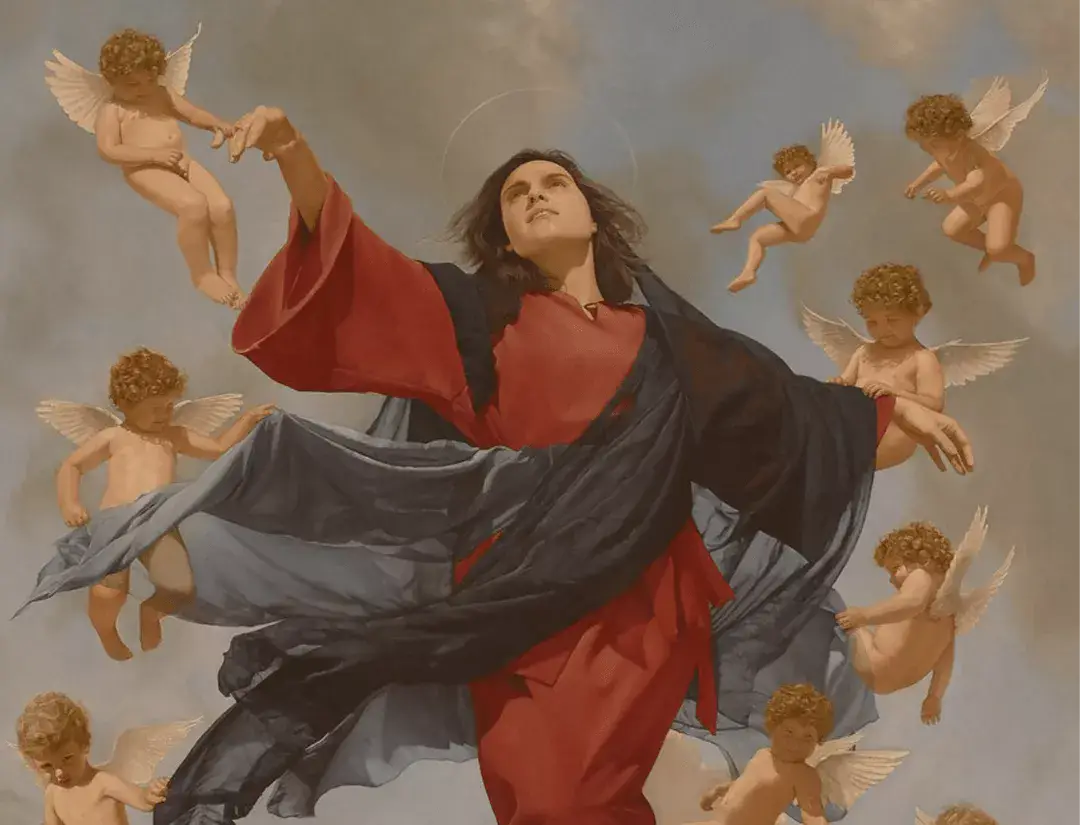Language
 Directory
Directory
1 Kings
Elijah and Elisha

1. Elijah and Elisha are prominent figures in the Old Testament of the Bible, especially in the books of 1 and 2 Kings. They were all prophets, called by God to play important roles in Israel in their respective times.
2. Elijah, whose name means "My God is the Lord," was a prophet who lived during the reign of King Ahab of Israel, around the ninth century BC. He was known for his bravery, miracles, and confrontation with the false prophet of Baal.
3. The story of Elijah begins with his sudden appearance before King Ahab. He boldly confronted Ahab and declared that drought would occur in the land because of the people's idolatry and disobedience to God. During a drought, Elijah hid near the brook Cherith, and ravens miraculously brought him bread and meat.
4. After spending some time in Cherith, God directed Elijah to go to Zarephath, where there was a widow who could provide for him. Elijah obeyed, and he met a widow who was preparing a last meal for herself and her son. Through God's intervention, the widow's jar of flour and jar of oil did not dry up, sustaining them during the drought.
5. Later, Elijah dramatically confronted the prophets of Baal on Mount Carmel, launching a challenge to determine which god was the true God. After a dramatic display of God's power, including fire coming down from heaven to consume Elijah's sacrifice, the people recognized Yahweh as the true God and the prophets of Baal were put to death.
6. After this momentous victory, in a moment of exhaustion and despair, Elijah fled the threat of Queen Jezebel. He eventually made it to the wilderness, where he encountered God through a gentle whisper and received new strength and instructions for the tasks ahead.
7. At the end of Elijah's ministry, he was caught in a chariot of fire and carried up to heaven in a whirlwind. This event made him one of only two people in the Bible (the other being Enoch) who did not experience physical death.
8. Elisha, whose name means "God is salvation," was chosen as Elijah's successor. Elisha accompanied Elijah during the latter part of his ministry and witnessed his miraculous ascension to heaven. Elisha's request for a double portion of Elijah's spirit showed that he desired a greater anointing and ministry than his predecessor.
9. Elisha went on to perform countless miracles, demonstrating the authority and power of his prophecies. These miracles include turning bitter water into clear water, increasing the oil of a widow, raising a young boy from the dead, and curing Naaman, the commander of the Syrian army, from leprosy.
10. Elisha's ministry spanned decades, and he became famous and respected as a prophet. He advised kings, counseled individuals, and, through divine guidance, provided wisdom and direction in times of crisis. Elisha's influence extended beyond Israel as he interacted with foreign leaders and nations.
11. Elijah and Elisha demonstrated God's power and faithfulness to accomplish His purposes through humble individuals. Both Elijah and Elisha trusted God completely and performed extraordinary miracles that demonstrated God's sovereignty over the elements of nature and life itself.
12. Their ministry exposed and challenged the false religious practices and idolatry prevalent in Israel at that time. They called for a return to worship of Jehovah, the only true God, and their confrontation with the prophets of Baal exposed the emptiness and futility of idolatry.
13. The relationship between Elijah and Elisha exemplified the line of prophetic responsibility and authority. Elijah's mantle and anointing symbolized God's transfer of prophetic power to Elisha, who continued to work and perform even greater miracles.
14. The story of Elijah and Elisha also illustrates the importance of loyalty and obedience. Both prophets faced various challenges and trials but remained steadfast in their commitment to God's commands. Their lives serve as examples of unwavering faith and devotion to God's mission despite facing personal hardship and opposition.
15. Elijah and Elisha were prophets chosen by God to fight idolatry, demonstrate God's power, and call the people to return to God. Their bravery, miracles, and faithfulness left a lasting impact on Israelite society and served as vessels of God's message and salvation.




 Previous
Previous







